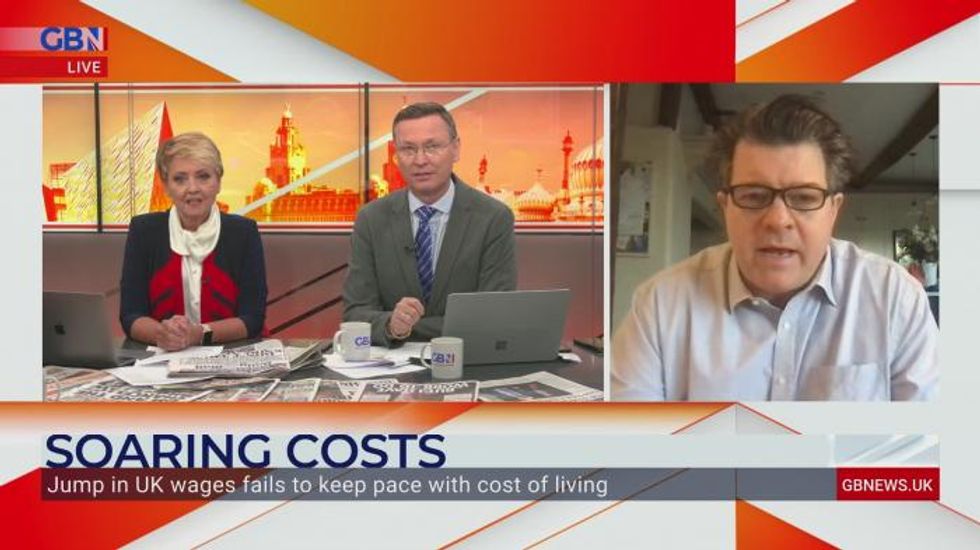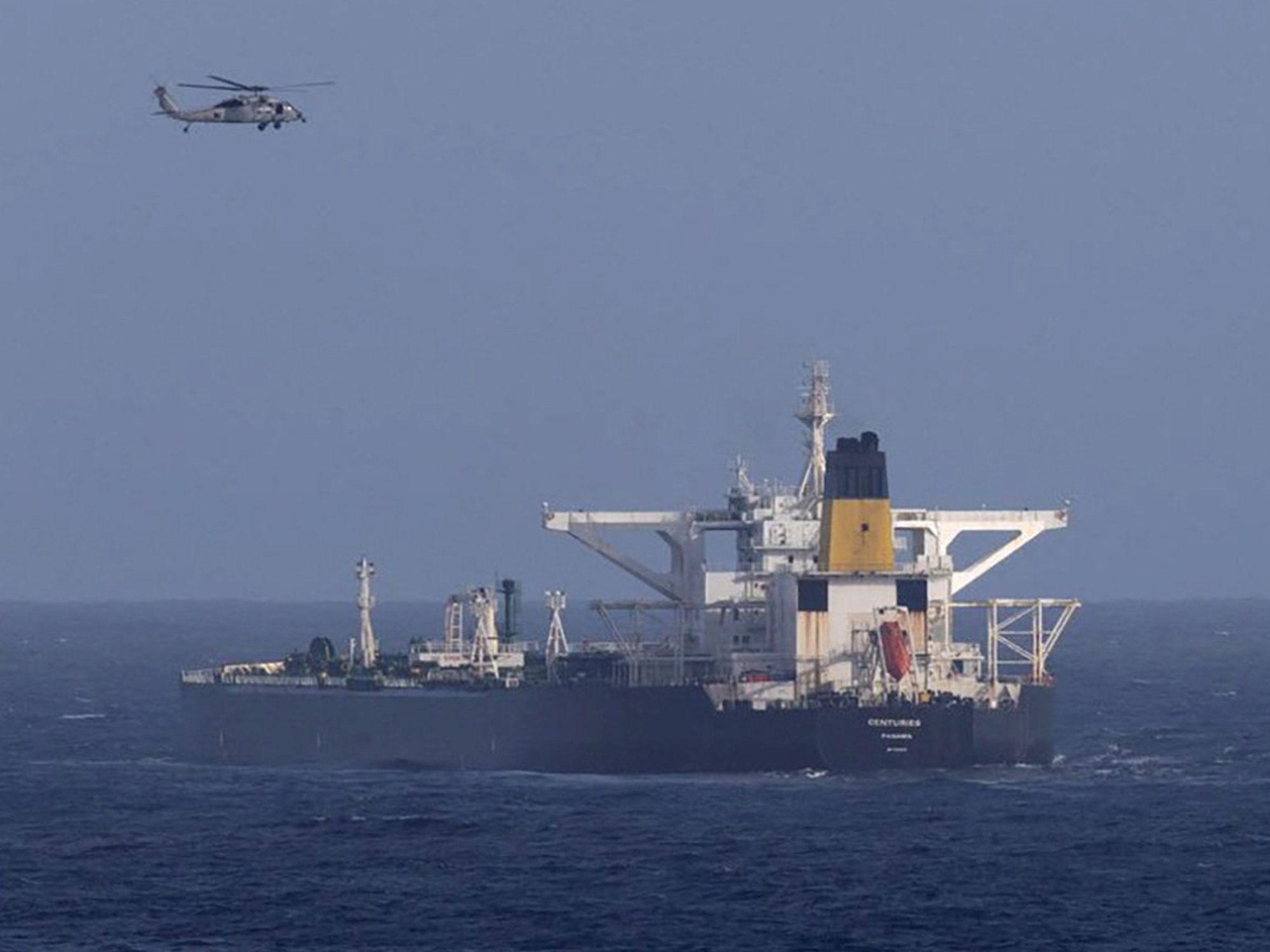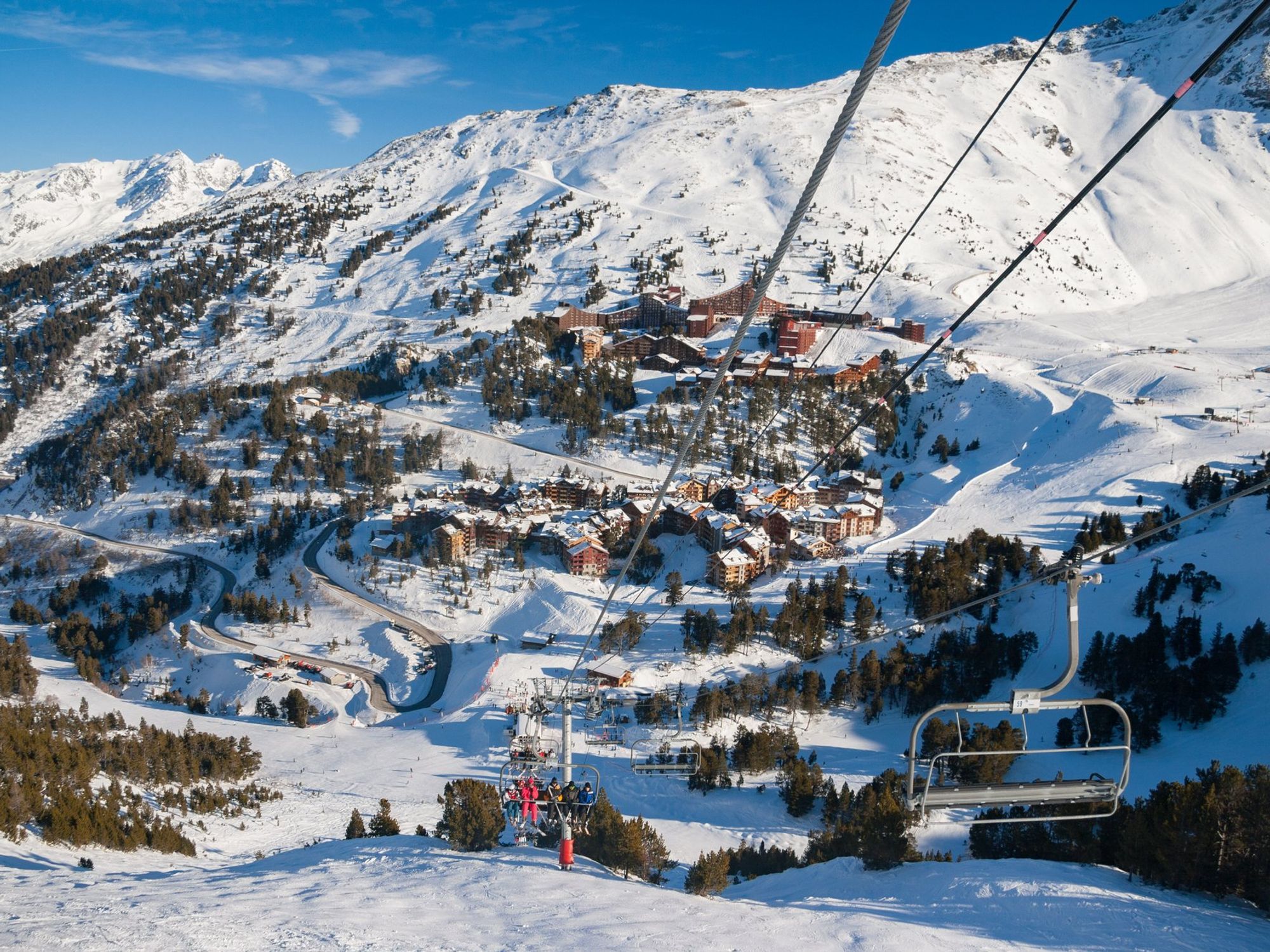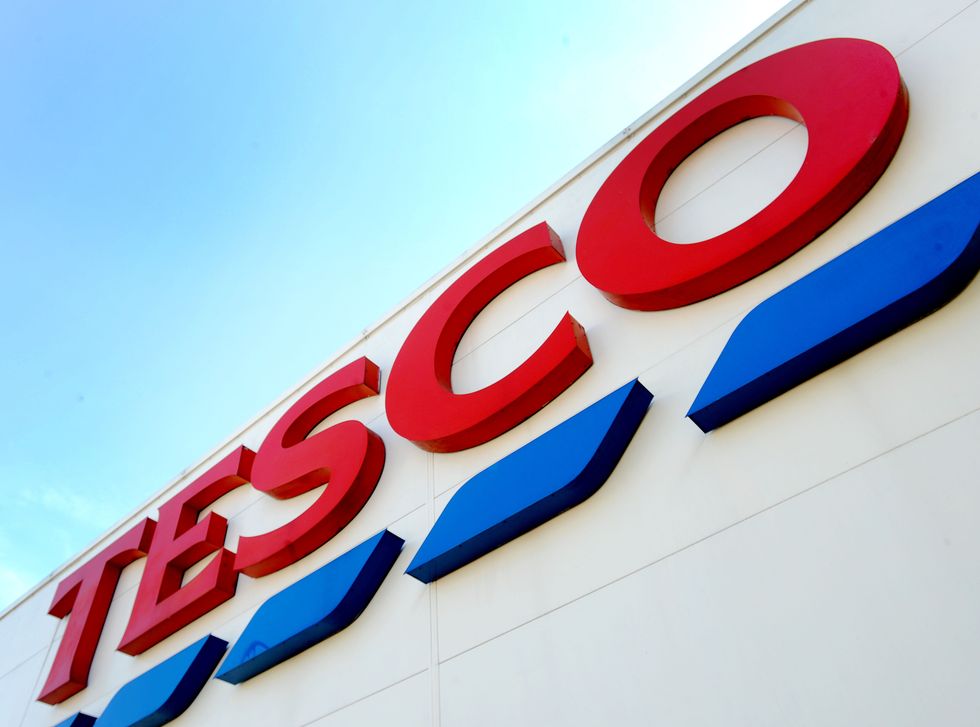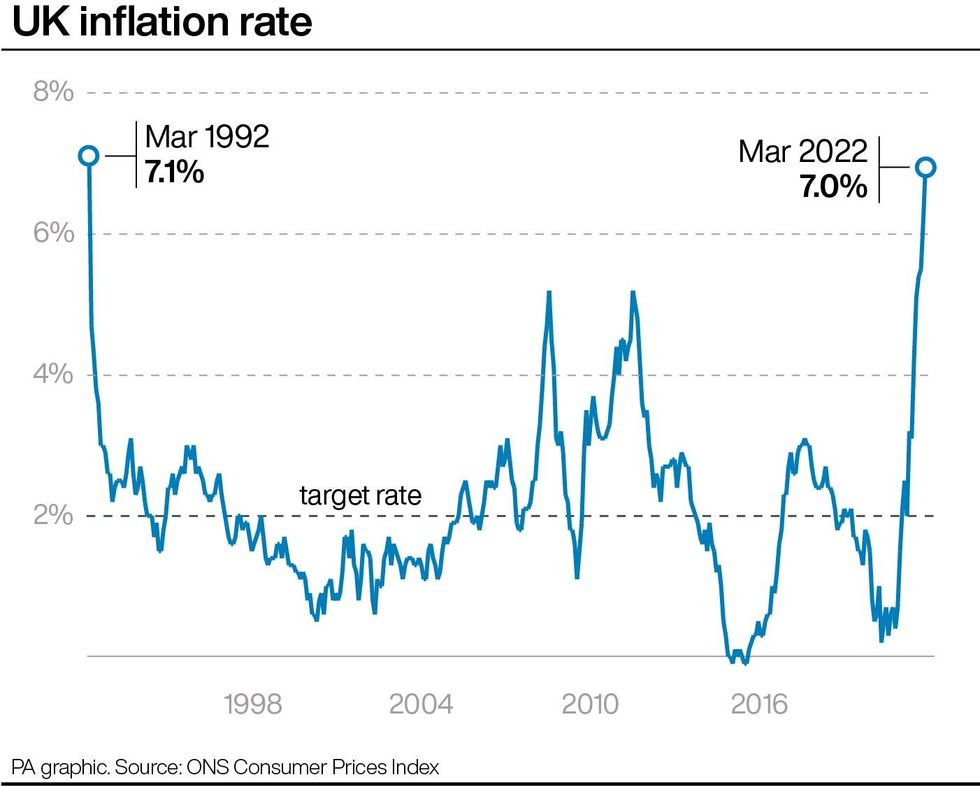Tesco profits soar despite Brits feeling squeeze of 30-year inflation high
Tesco has revealed annual profits more than tripled, but warned retail earnings will come under pressure this year from soaring inflation
Don't Miss
Most Read
Latest
The supermarket giant saw group pre-tax profits jump to £2.03billion in the year to February 26, up from £636million the previous year, thanks to rising sales and lower costs related to the pandemic.
It posted a 58 percent jump in underlying operating profits to £2.8billion, with retail earnings up 34.9 percent at £2.6billion.
The group said sales excluding fuel rose by 2.5 percent to £54.8billion, with UK like-for-like growth of 0.4 percent – up 8.2 percent on a pre-pandemic two-year comparison.
Profits were helped as it saw Covid-19 costs fall to £220million from £892million the previous year.
Tesco
Nicholas.T.Ansell
UK inflation
PA Graphics
But it warned that retail operating profits are expected to fall this year, to between £2.4billion and £2.6billion as the group’s own costs are set to soar and it invests in prices to remain competitive amid rocketing food inflation.
It is also said customer behaviour is also returning to more normal patterns as shoppers rely less on supermarket trips as the UK emerges from the pandemic.
Tesco chief executive Ken Murphy said: “Clearly, the external environment has become more challenging in recent months.
“Against a tough backdrop for our customers and with household budgets under pressure, we are laser-focused on keeping the cost of the weekly shop in check – working in close partnership with our suppliers, as well as doing everything we can to reduce our own costs.”
It comes as the squeeze on households tightened in March as rapidly rising food and fuel prices sent inflation to another 30-year high, even before energy bills spiked.
The Office for National Statistics (ONS) said Consumer Prices Index (CPI) inflation rose seven percent in the year to March, up from 6.2 percent in February.
It was once more the highest point since March 1992, when inflation stood at 7.1 percent.
The rise was higher than the 6.7 percent that analysts had expected and was driven by fuel, restaurant and food prices, dealing an added blow to households.
ONS chief economist Grant Fitzner said: “Broad-based price rises saw annual inflation increase sharply again in March.
“Among the largest increases were petrol costs, with prices mostly collected before the recent cut in fuel duty, and furniture.”


